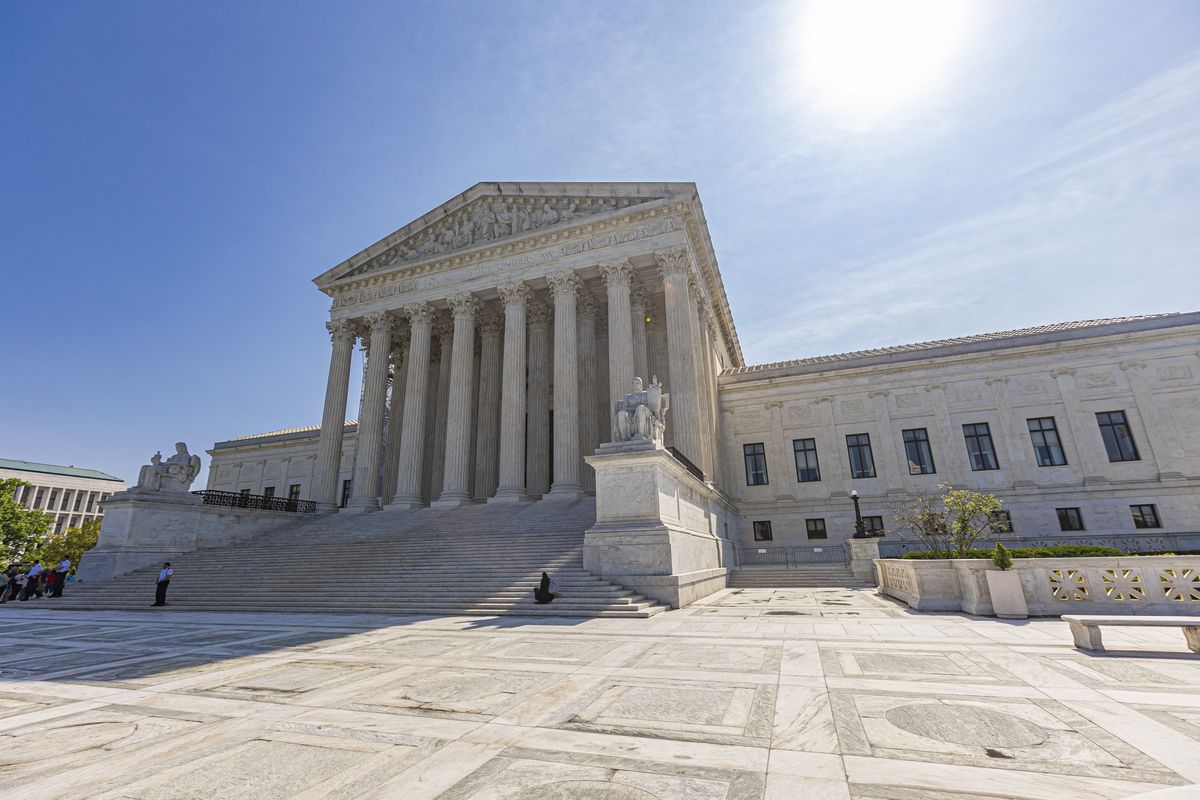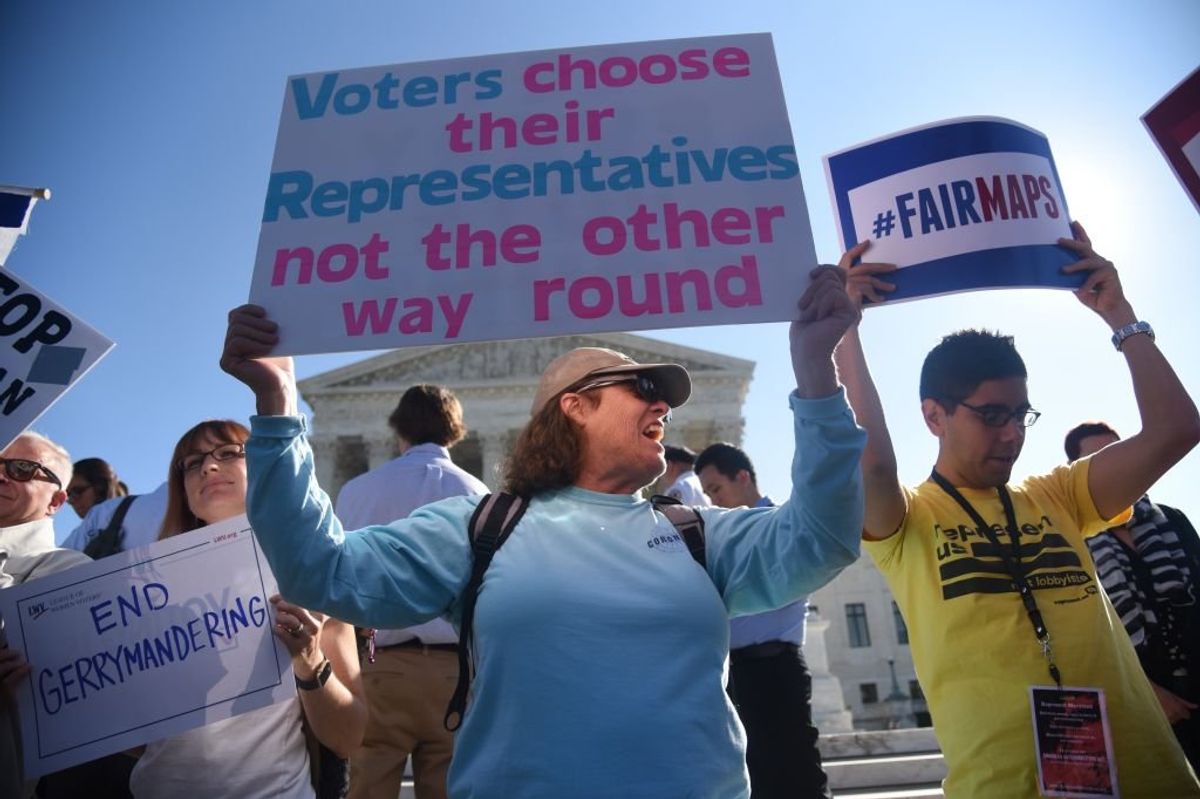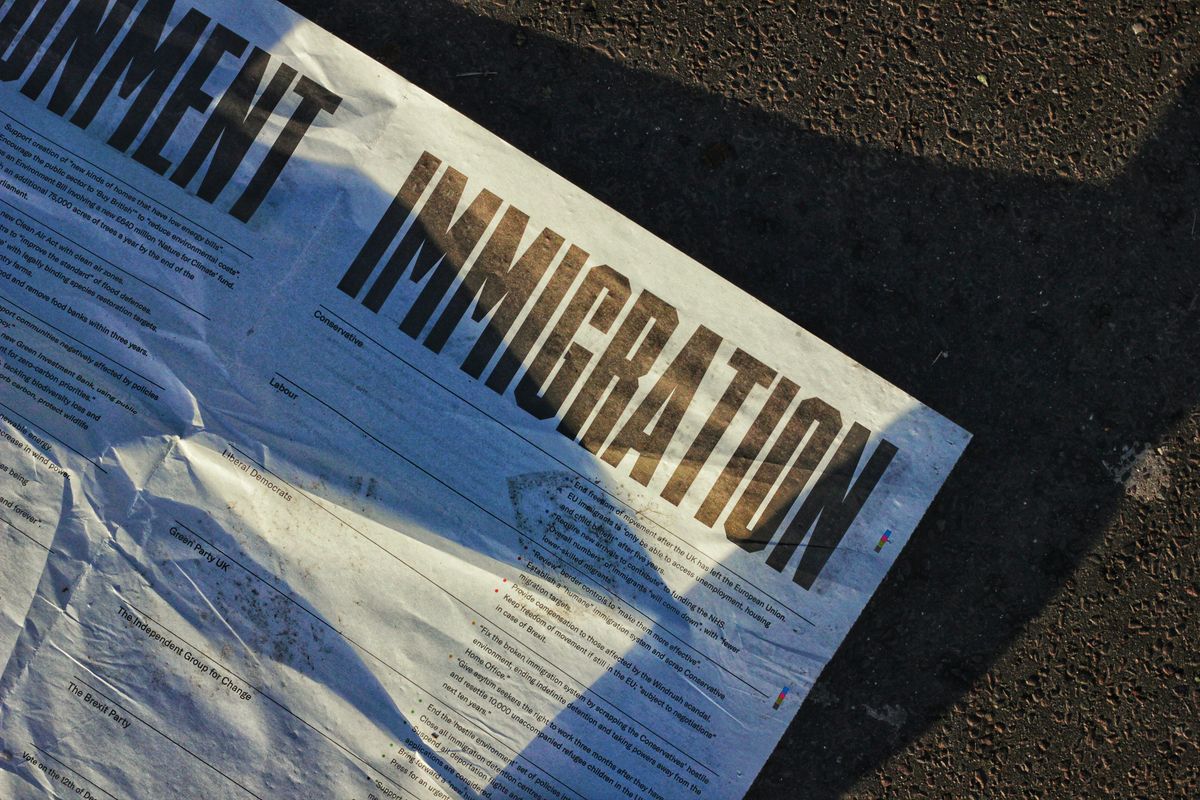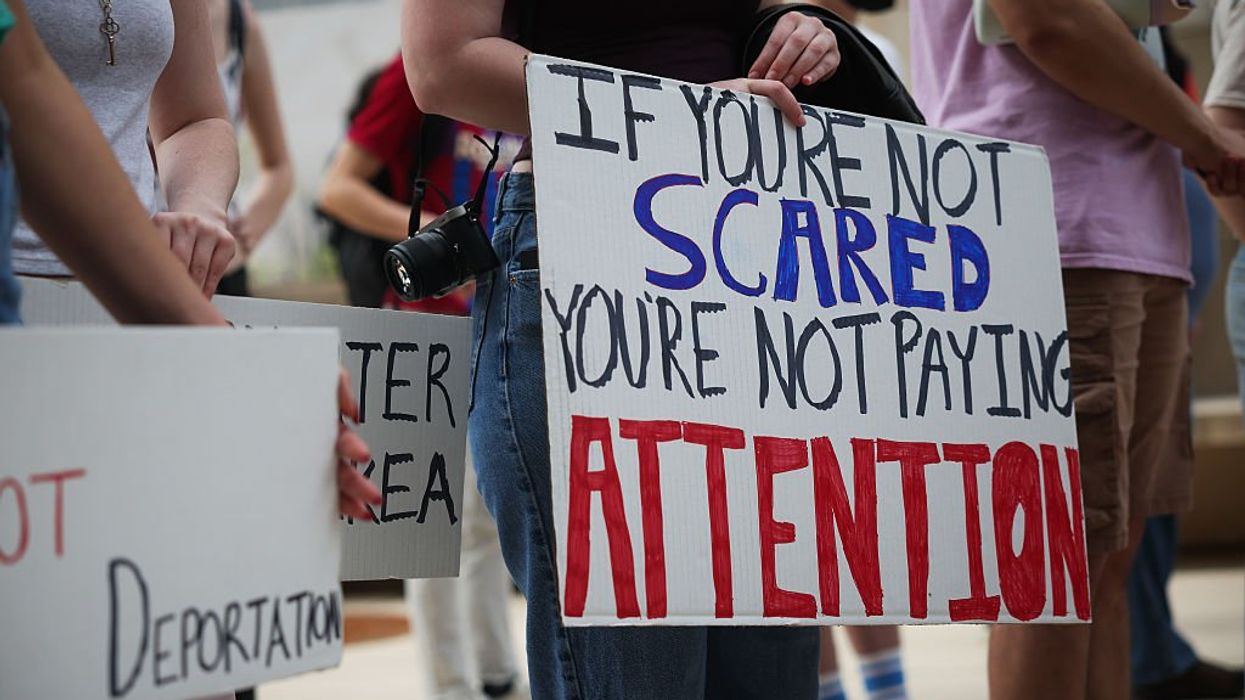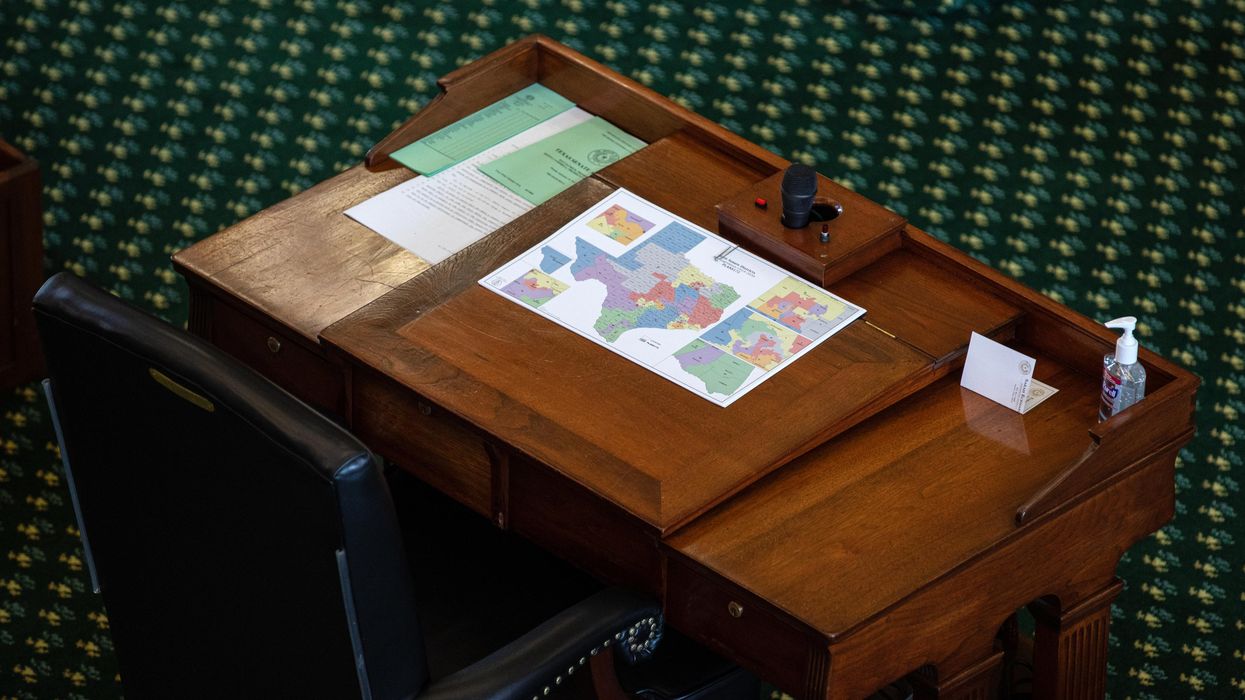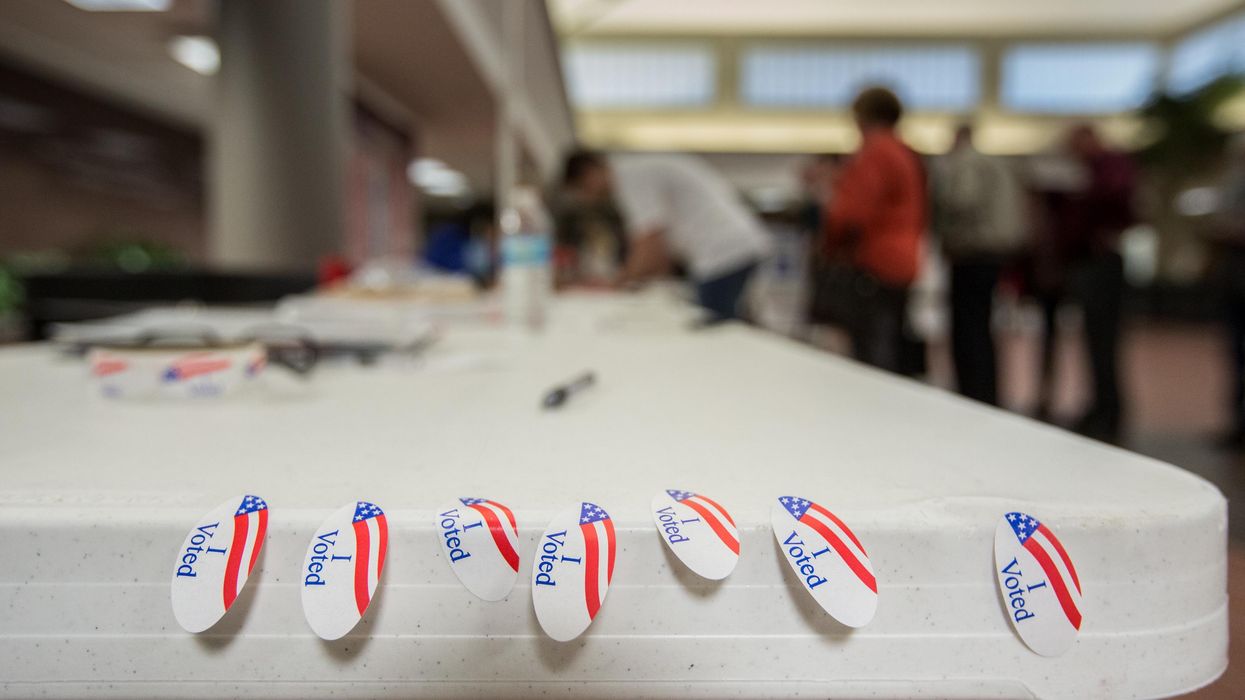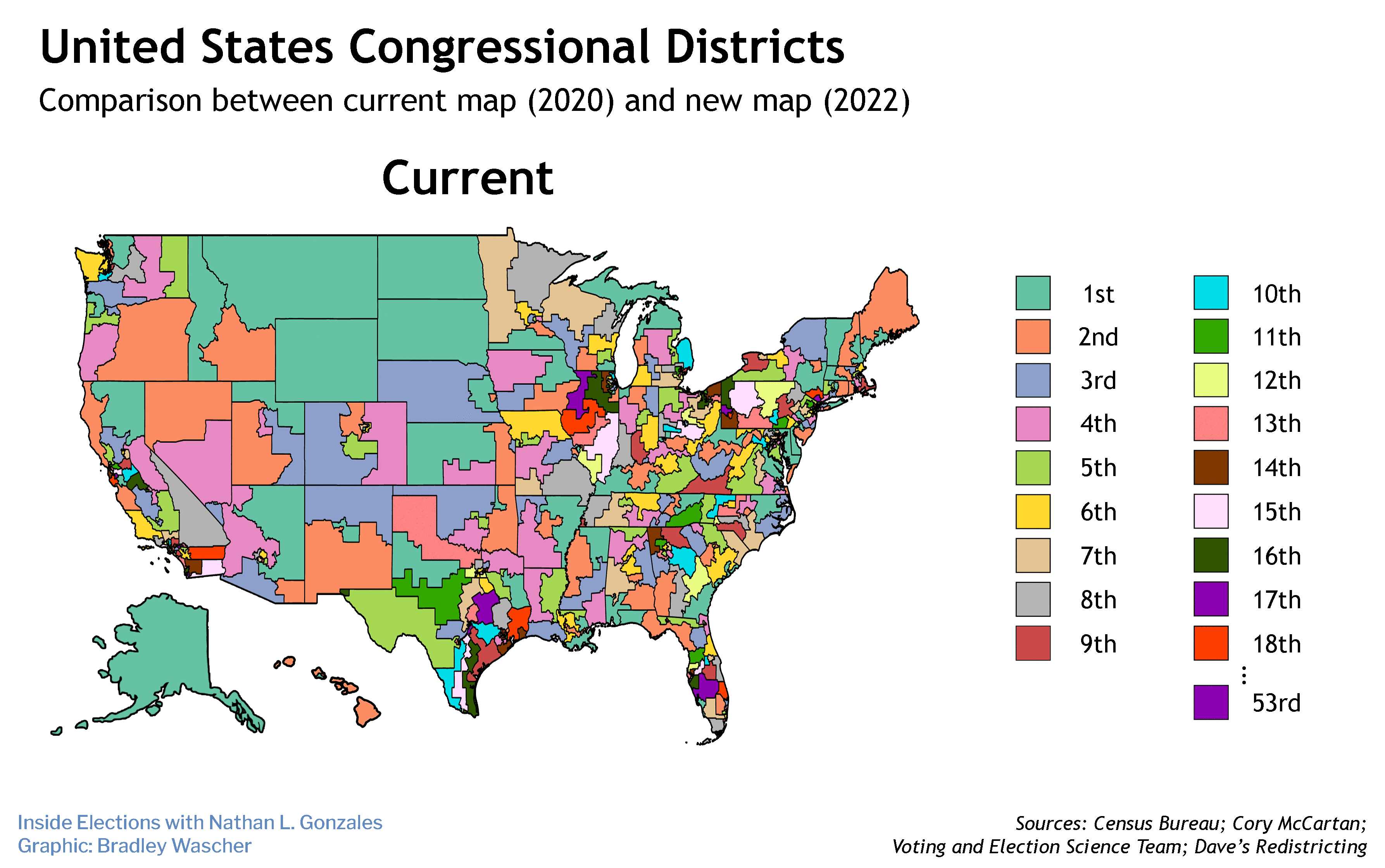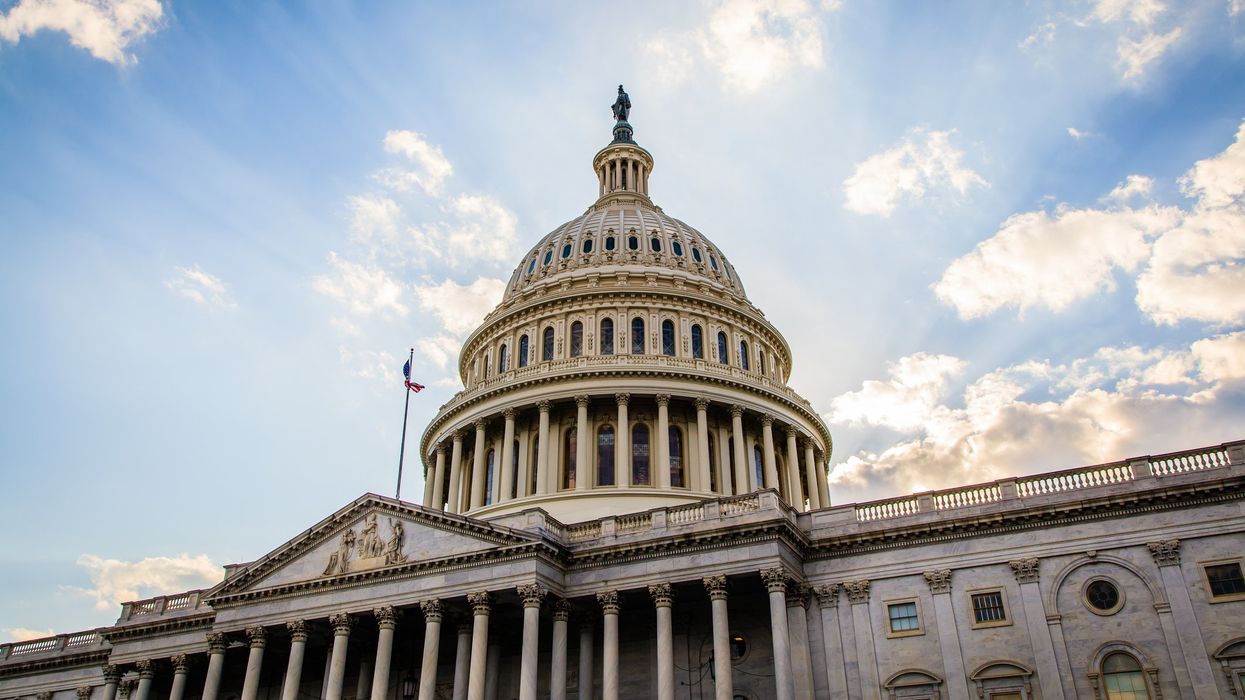Remember election security? The Russians? What happened in 2016?
With much of the focus on mail-in ballots, drop boxes and other mechanics of voting during a public health crisis, the FBI and the Department of Homeland Security want to make sure Americans know: Foreign actors are again trying again to disrupt our presidential election — including with a disinformation campaign about the results.
"The increased use of mail-in ballots due to Covid-19 protocols could leave officials with incomplete results" the night of Nov. 3, the Cybersecurity and Infrastructure Security Agency (a part of DHS) and the FBI emphasized in a joint statement on Tuesday, and "foreign actors and cybercriminals" are expected to spread misinformation and disinformation to "exploit the time required to certify and announce elections' results."
The warning was issued as the Brennan Center for Justice,a progressive think tank that has done significant research on a broad range of election threats, issued a new study concluding that great improvement has been made in securing election systems from hacking, especially in the swing states that will decide the presidency.
The government agencies acted as the Washington Post reported on a classified CIA assessment that President Vladimir Putin and his top aides "are aware of and probably directing Russia's influence operations" aimed at interfering in the election to the benefit of President Trump. He and several top congressional Republicans have recently sought to cast China as the bigger threat, a view FBI Director Christopher Wray explicitly contradicted in testimony to Congress last week
While better prepared for outright hacking of election systems — the main thrust of Russian operatives in the last presidential election — the FBI and CISA said foreign meddlers could create phony websites and change existing websites to spread false information "in an attempt to discredit the electoral process and undermine confidence in U.S. democratic institutions."
In particular, the public should realize that the final results from the election may not be available for days or weeks in some states. In that time, foreign agents could try to spread false reports of voter suppression, cyberattacks, voter fraud and other problems to make people believe the results are not legitimate.
People are urged to "critically evaluate the sources of the information they consume" and double-check and verify information before sharing it.
Suspicious or possibly criminal activity should be reported to a local field office of the FBI.
The report by the Brennan Center follows up on several earlier in the year, when much of the nation was focused on whether Russian or other foreign agents would again try to hack into election systems around the country as they did in 2016.
The good news, according to the report, is "that there has been substantial progress in the last few years, and indeed the last few months, to implement the kind of backup and security features that should allow all voters to cast ballots that will count, even in the event of a successful cyberattack or other unforeseen system failure."
Still, more needs to be done in certain areas, the report states. The report focused on Arizona, Colorado, Florida, Georgia, Michigan, Minnesota, Nevada, New Hampshire, North Carolina, Ohio, Pennsylvania and Wisconsin — all states that could be carried by either Trump or former Vice President Joe Biden.
One key element of election security — making sure a paper record is created when someone votes so the results can be audited — has seen great improvement. Four years ago, the report said, one in five voters cast a ballot on paperless voting machines, but this fall less than 4 percent of voters will use such machines.
Nearly all of the 12 states have in place the other key element of security: the ability to conduct audits of the results to ensure their accuracy. "Although the widespread use of audts is reassuring," the report states, "it should be noted that their quality varies widely."
Also, according to the report, states have done a good job of
- Securing polling places and early voting sites.
- Offering drop sites for absentee ballots.
- Creating backups for electronic poll books so voters' registration can be verified.
- Recruiting poll workers to replace elderly workers who may opt out because of the coronavirus pandemic.
The focus now for election officials, the report concludes, is on educating the public about the voting process this year.
The report notes that a half-million mail-in ballots were rejected during the primaries because of minor mistakes, such as forgetting to sign the ballot.
"No election is perfect," the report concludes. "We should expect that there will be some problems."
"Ultimately, the most important question is not whether Election Day problems will occur. Rather, it is whether the system is resilient enough to overcome those difficulties so voters can cast ballots that will count."
